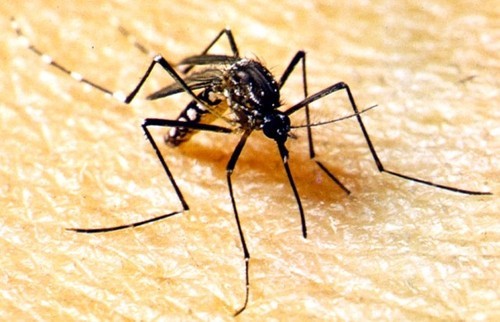It can never be denied that we, nurses, are vital foundations of any healthcare institution. Without nurses, a hospital cannot function well. Without nurses, who will take care of ill persons 24/7? Without nurses, who will make the patients get better and stronger? No one else can do what nurses do.
There are times that people don't understand the sacrifices that nurses make in order to render quality nursing care to patients. As a matter of fact, the term "holiday" is not anymore included in a nurse's vocabulary. During Christmas season, nurses are taking good care of unwell strangers instead of spending the special occasion with their loved ones. During birthdays, a lot of nurses don't even recognize that it's their special day due to hectic daily routines. Apparently, nurses spend more time with unknown people than their family members. That kind of sacrifice is seemingly incomparable.
Nurses should also be credited for their good deeds. It is very heartrending to know that most nurses receive deprecating and belittling remarks from patients and physicians. We are not owned by someone. We have our own heart, mind, and ego. Hence, we do know how to think, how to react, and how to reason out. We were born to be exceptional nurses and not mere robots.
I admit, we get tired and stressed out everyday but we still manage to put a smile on our faces. A smile that never fades away, a smile that is fortified by the gratification we get from helping people survive life. For us, seeing our patients get well is more than enough. The mere appreciation of the people you've helped to recuperate is sufficient to relieve the tension and stress that we shoulder.
When I was a child, all I desired was to be a physician. It never crossed my mind that I will be a nurse. Now, being a nurse makes me so proud. Without exaggeration, I feel highly esteemed whenever people see the "RN" right after my surname. We, Filipino nurses, should always be proud of our profession. Regardless of the negative upshots concerning our noble profession, we should still be honored that we make an unequaled difference in the lives of people we do not personally know. Because as we all know, it is evident that the Nursing profession faces countless dilemmas nowadays. From the growing number of unemployed and underemployed Filipino nurses up to the noticeably abysmal quality of education that some Nursing schools offer. Hopefully, there will be well-defined solutions to these alarming conditions.
Let us not focus on what is negative, let us give ourselves proper acknowledgment on the great things that we offer to the world. Without the service of nurses, life and subsistence are hardly achievable.
Be proud of what you can do. Be proud that you save people's lives. Be proud because you're a hero. We, nurses, are the undoubted noble heroes of modern time.
Drexel Heinz Magpantay Cruz, RN, RM
Pediatric Nurse

